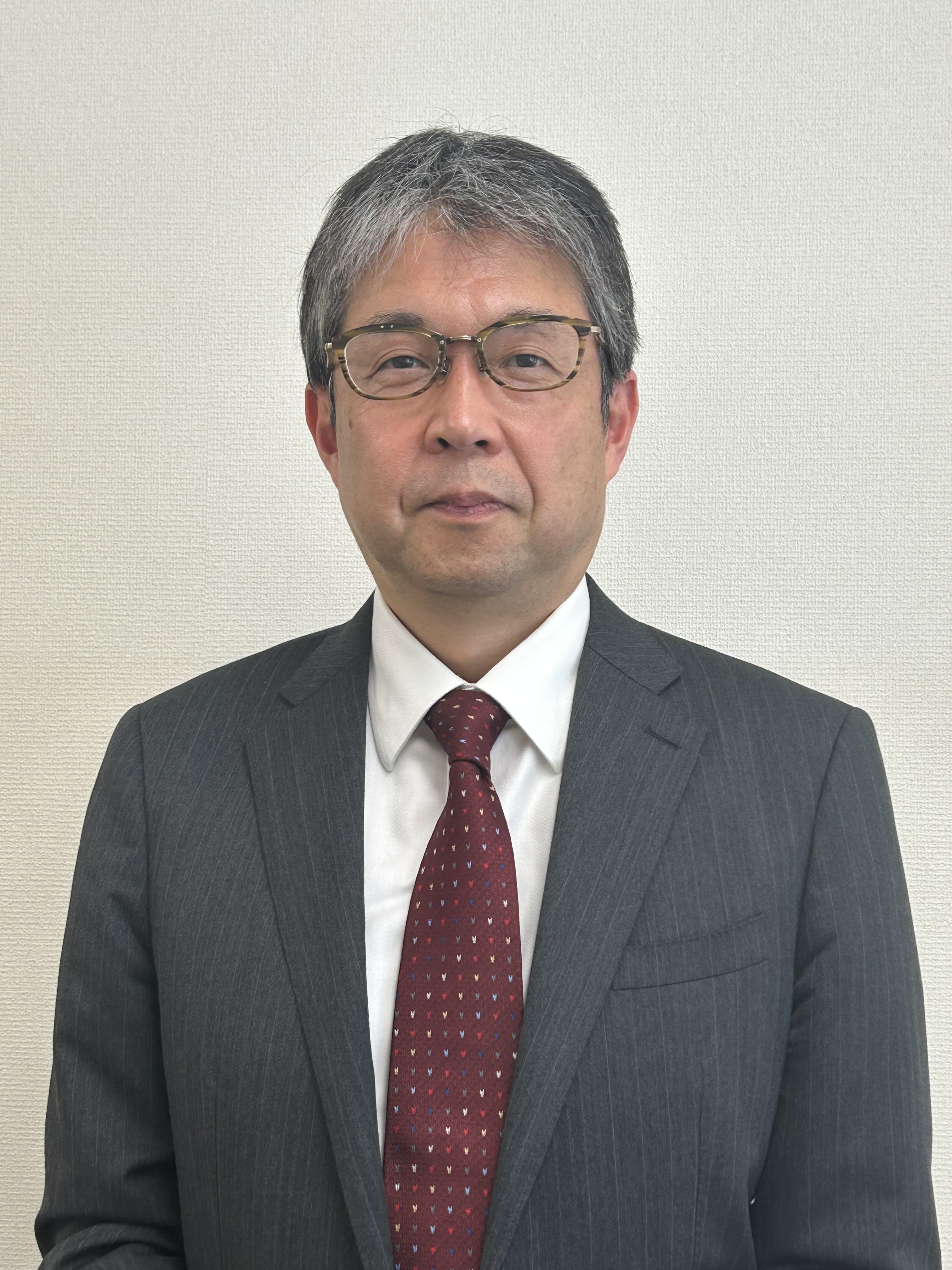■Introduction
・Message from Professor Kenichi Azuma

Our department has a long tradition, with the first professor, Sukenari Sasagawa (Department of Hygiene, 1974-1992), the second, Tadamichi Meguro (Department of Hygiene, 1992-2006), and the third, Jiro Okumura (Department of Environmental Medicine and Behavioral Science, 2007-2023), but the field of education and research has changed along with the changing the needs and seeds in the times.
The current department aims to train doctors, medical professionals, and scientists who understand the principles of preventive medicine, apply behavioral science approaches, and engage in education, research, and social activities to protect public health. We also place importance on people being cooperative, responsible, and able to actively work with an international perspective. Both preventive medicine and behavioral sciences are involved in multiple stages, including prevention of disease, elucidation of the cause of disease and health effect, diagnosis, treatment, and rehabilitation. If you are interested in these activities, please contact me.
・Mission statement in our department
Social medicine deals with a wide range of fields related to the social environment and health. Among these, preventive medicine aims to understand the factors that cause disease and health effects, and to prevent disease and health effects. Behavioral sciences aim to develop and integrate psychosocial, behavioral, and biomedical knowledge about health and disease, and to apply the knowledge prevention of disease, elucidation of etiology, diagnosis, treatment, and rehabilitation.
Based on these basic principles of preventive medicine and behavioral sciences, our department comprehensively understands and elucidates the factors that cause disease and health effects, and conducts education and research that positions behavioral sciences as the foundation for practicing preventive medicine. Based on the medical and scientific knowledge gained from surveys and research, we also conduct education and research on medical and social responses to practice disease prevention and health promotion at the local, national, and international levels, and are involved in many social activities through academic societies, government agencies, etc.
